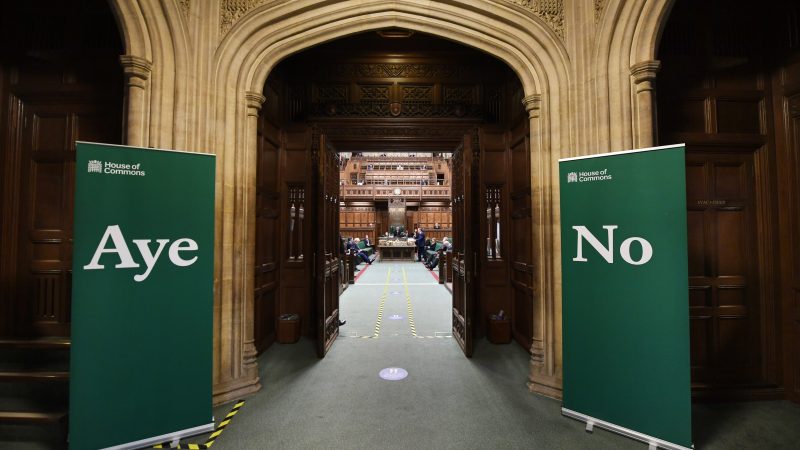
This piece was originally published on LabourList in March 2013 to mark the ten-year anniversary of the vote to go to war in Iraq.
Why did I do it? It wasn’t easy, not for me anyway. Ten years ago, it wasn’t fashionable in the parliamentary Labour Party to be an Iraq war rebel. And I was doing well. A young starlet in the party amongst a young dream-team intake that included Purnell, Burnham, Watson, Miliband (David), Knight and many others. Rebellion was not on my mind; I was neither disloyal nor disaffected.
By accident rather than design, I sat in front of Robin Cook the night that he resigned in the chamber. I knew my mind well enough to be certain that I agreed with every word he said. I hadn’t become a rebel; I stayed true to my view that Britain could not go to war without that second UN resolution. That had been the party’s policy throughout. Until this week ten years ago.
The night of the vote was tortuous. I remember ringing dad. “I just can’t do this dad. It’s wrong.” He told me to do what I thought was right. He was never keen on this war.
Then I got the call to see Tony. I think he thought I’d come round. I really didn’t want to let him down. He said the government would win the vote, but he didn’t want to win on the back of Tory votes. We talked about Bush and his roadmap to peace in the Middle East. Without wanting to sound stroppy, I tried to find statesmanlike language to question Bush’s sincerity on the issue. But before I left his office, I promised him I’d consider what he’d said, because I genuinely respected him (Blair, not Bush).
When the division bell rang, my good friend Keith Hill (the deputy chief whip) waved to me and urged me to get up to head to the ‘no lobby’. I can still recall the look of disappointment on his face when I shook my head, signalling that I was going to break the cardinal rule of political collectivism by defying a three-line Labour whip. I had to pass some of my strategically positioned friends from the 2001 intake as they stood next to the entrance of the rebel lobby, imploring me not to throw away my career. Others in the ‘aye lobby’ laughed and patted each other on the back. It made me feel really uncomfortable. I just wanted to vote, get out and drive to my parents’ house in Hayes to regroup away from all this pressure.
But as I emerged from the rebel lobby, a shocked and then delighted John McDonnell bear-hugged me as I exited. No disrespect to John, but I was in no mood to celebrate. The 139 of us who rebelled that night all had our reasons. I felt genuinely awful. I hadn’t been elected as a Labour MP to spend my time voting against my own party. And when I got home that night, I’m not ashamed to say I cried my eyes out. The day and the run-up to it had been a huge strain. Many of us felt like pariahs in our own party at that time
Why did I do it? Because I thought the war was wrong. And in time, unfortunately, I feared history would prove the 139 rebels to be right.




More from LabourList
‘Labour won’t stop the far right by changing leaders — only by proving what the left can deliver’
‘Cutting Welsh university funding would be economic vandalism, not reform’
Sadiq Khan signals he will stand for a fourth term as London Mayor